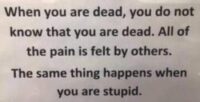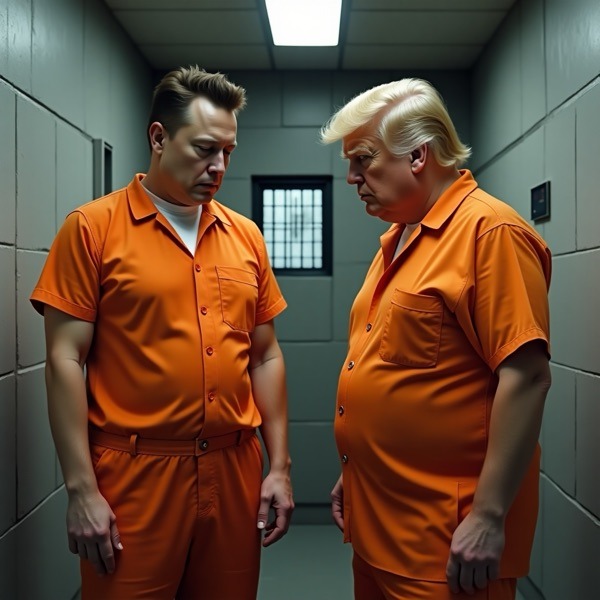The Dunning-Kruger effect is a psychological phenomenon where people with limited knowledge or skills in a specific area greatly overestimate their abilities compared to others or objective standards. Psychologists David Dunning and Justin Kruger, who identified the effect, explained that recognizing one’s own lack of skill requires at least a basic understanding of the area. People affected by this bias lack that understanding, so they remain unaware of their shortcomings and assume they are competent. This aligns with the general human tendency to choose what seems most reasonable to them. While the effect wasn’t scientifically studied until the late 20th century, it is reflected in familiar sayings like “A little knowledge is a dangerous thing” and Charles Darwin’s observation: “Ignorance more frequently begets confidence than does knowledge.”
In their 1999 paper, Unskilled and Unaware of It: How Difficulties in Recognizing One’s Own Incompetence Lead to Inflated Self-Assessments, Dunning and Kruger tested young adults in humor, logic, and grammar. Their findings confirmed that less competent individuals:
1. Greatly overestimate their abilities.
2. Struggle to recognize competence in themselves and others.
3. Fail to accurately assess their performance by comparing it to others’.
4. Can improve their ability to recognize their incompetence by developing their skills, which provides the understanding needed to identify their flaws.
Further research has shown the Dunning-Kruger effect applies in various fields, such as business, medicine, and politics. For example, a 2018 study found that Americans with limited knowledge of politics and government were more likely to overestimate their understanding. This overconfidence was stronger in partisan settings, where people identified strongly as either Republican or Democrat.





